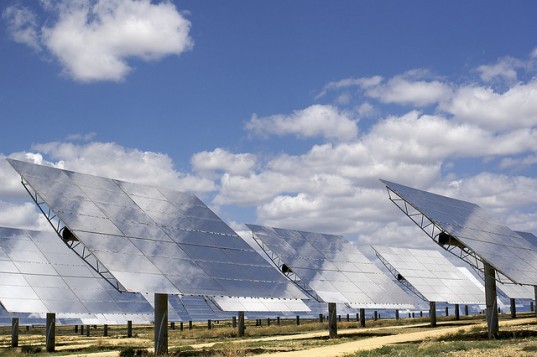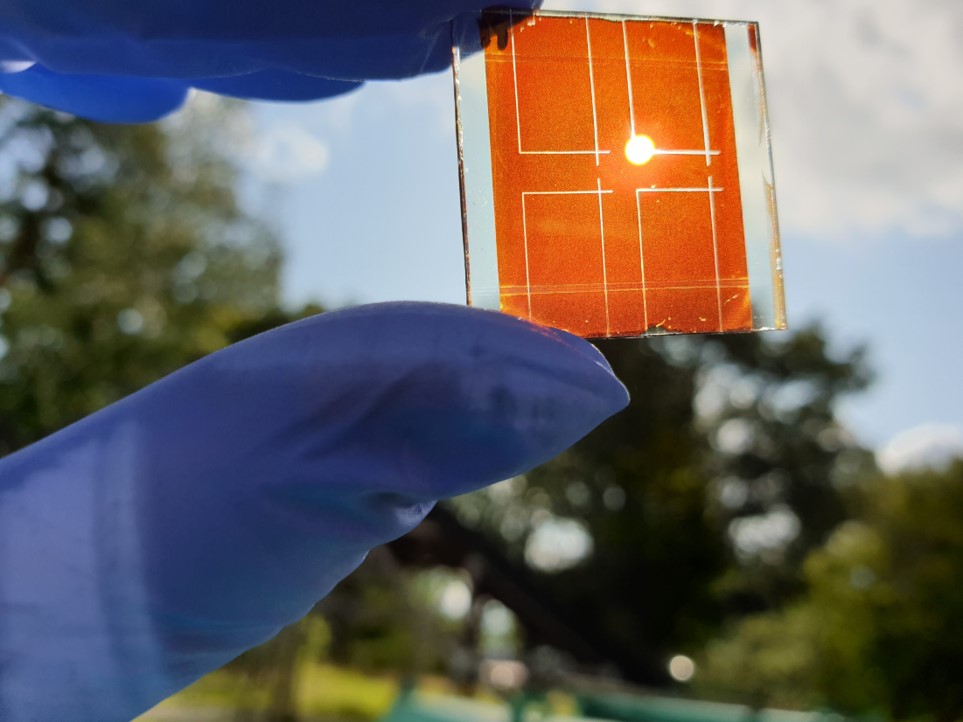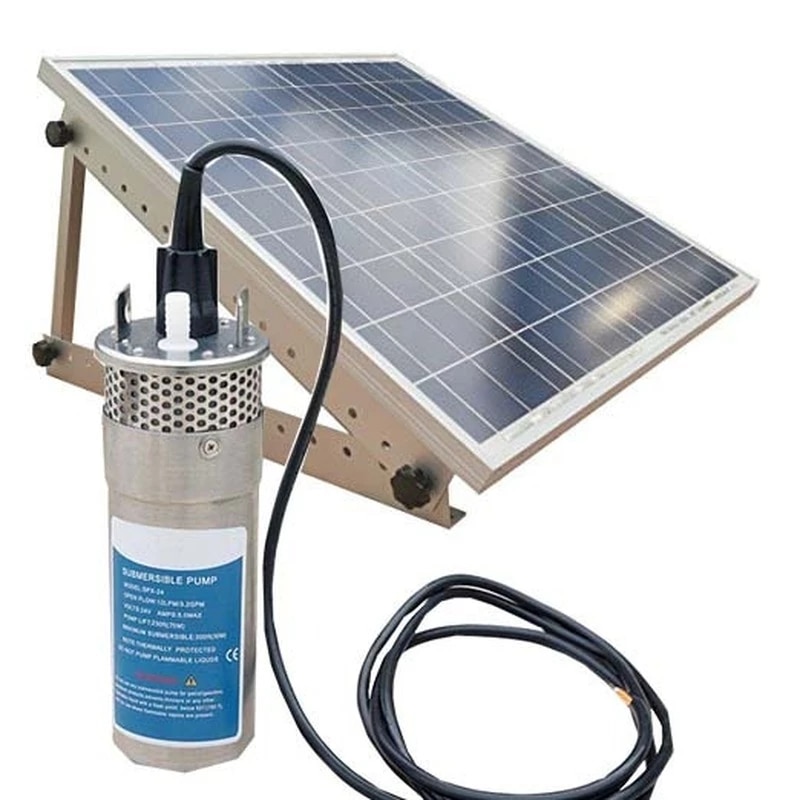
Nevada has many incentives and regulations that will help you go solar. Nevada offers a state-run rebate that will give you either a lump sum of money, or a percentage off your total cost. While you'll need to fill out paperwork to qualify for the rebate, most solar installers will take care of this. Make sure you hire a solar installer who is experienced in these matters.
Net metering
Net Metering in Nevada refers to the process of transferring clean electricity produced by solar systems from your utility company in return for a credit on you electric bill. The net metering program has been in existence since 1997. Home and business owners can store excess electricity for later usage or send it back at the utility for credit. You can save thousands of dollars by having enough solar power.
Nevada law requires that net metering be provided by local utilities. This compensation is at minimum 75 percent of retail rates and decreases as customers install more solar. This means that solar installations in Nevada may pay back within 16 years. But, as more people install solar, the rate will drop.
Community-based solar projects
Nevada's community-based renewable energy projects are a promising way of making solar energy more affordable to Nevada residents. The cost to install solar panels on a roof is currently between $10,000 and $15,000. Nevadans can't afford to spend that much on solar panels for their roofs, particularly low-income residents who usually rent and don’t have rooftop space to put them up. Therefore, incentives are being explored by the state to make solar power more affordable.

A 15-megawatt project of the Valley Electric Association, Pahrump is one example. This project will benefit members of the cooperative at no additional cost and will be operational by July 2016. MDU Resources Group (Nevada) is the responsible for the contract's long-haul power purchase. VEA is collaborating. VEA members will have the opportunity to purchase this renewable energy at a fraction of the cost charged by traditional electric companies.
Tax credits
Nevada offers several tax credits for renewable energy. DSIRE, the best website to learn about these credits, is where you can find them. The website is run by the N.C. Clean Energy Technology Center at N.C. State University and is a comprehensive resource. The state offers a program that lets you sell your excess power back to your utility.
The state has a strong renewable portfolio standard (RPS), which requires utilities to produce more renewable energy. They must also purchase renewable energy from customers. They often offer solar incentives as well as solar carveouts to help meet this mandate.
Legality
A recent legislation in Nevada has made solar power legal in the state. Homeowners with rooftop solar systems are allowed to sell excess electricity to the utility under the new law. The rate is currently 95 percent of retail, but as more rooftop solar systems are installed, the price will drop. New homeowner protections are also provided by the legislation. The net metering rate, for example, will be guaranteed for twenty years.
This policy is not without its problems. Utility companies aren’t keen on net metering which allows customers to sell excess solar electricity to them at retail prices. Because utilities get some of their money, it is necessary to maintain the electric system. Additionally, utilities in the state claim that solar customers are not paying their fair share.

Prices
For those who do not have the cash upfront to buy solar panels, but still want to make long-term savings, Nevada offers a solar lease. A Nevada solar lease typically pays back in eight to 14 years. This payback period is calculated with a simple payback formula. It divides power costs by annual electricity production. It takes 1 year of electricity savings before the cost of power at today’s prices equals. This is why it's so important to carefully calculate the costs for solar leasing in Nevada.
Federal Investment Tax Credit is a tax credit that can be used to offset the costs of installing solar panel systems. However, the credit can only be used to offset solar panel costs up to 30% if you have a 10-kW system. For residential solar installations that are under 25 kW, NV Energy's Renewable Generations Rebate Program can help you lower your costs even further. You can get up to $13,500 in rebates when you install a solar panel system.